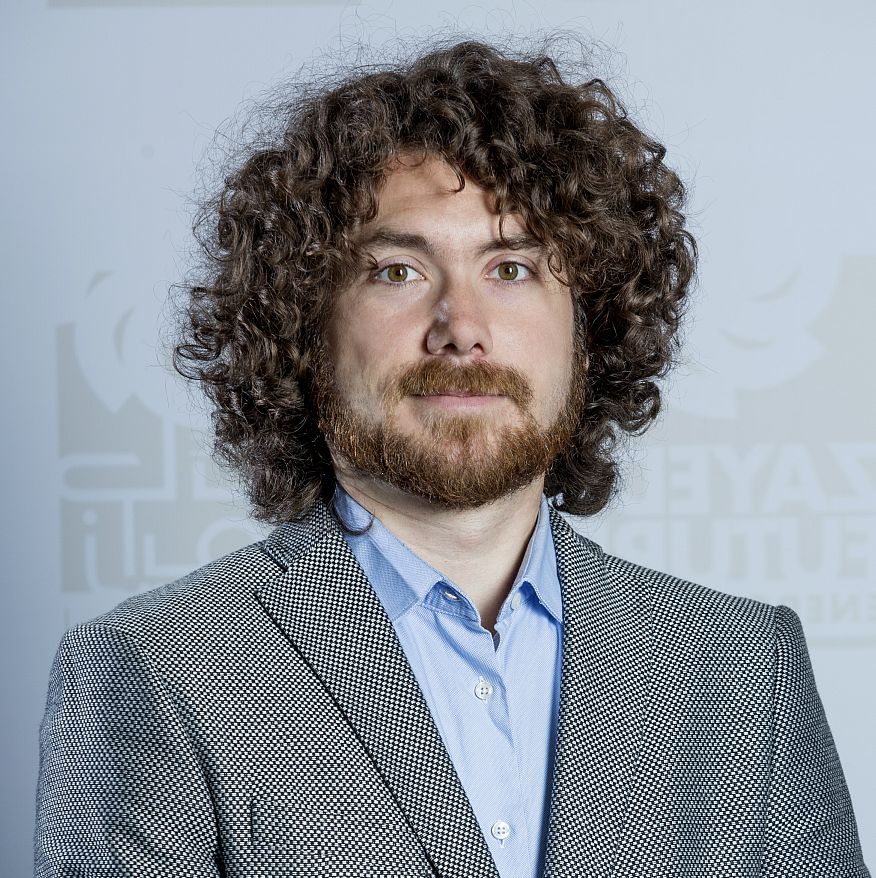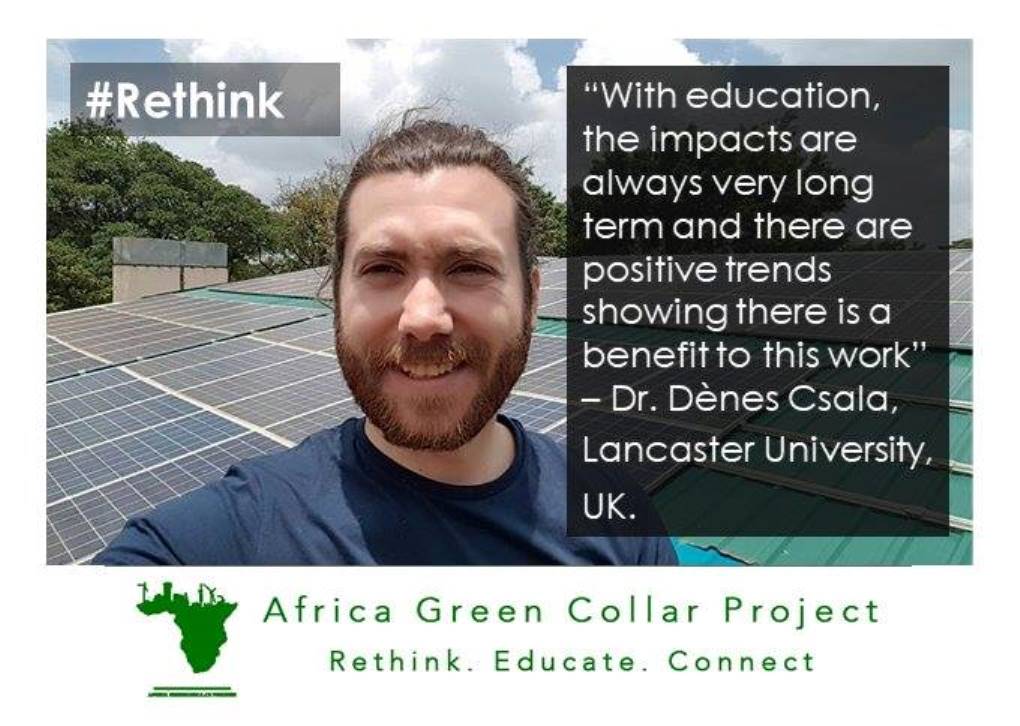Interview with Transylvanian born Dr. Dénes Csala, assistant professor of Lancaster University.
TransylvaniaNOW: „Data and visualization in the age of fake news” was the title of your lecture at the Babeș-Bolyai University in Kolozsvár/Cluj-Napoca at the end of last month. What was it about?
Dr. Dénes Csala: The point of the lecture was to highlight the fact that our attention is limited and there is an increasing competition for it. Our brain tries to protect itself against this information overload by taking shortcuts when processing information. For example if something does not catch your attention within 250 milliseconds – the time it takes to scroll one screen – it’s lost forever. This, coupled with a number of cognitive biases our brains has, leads to increasing marginalization in society. Visual information is even denser than text and has processing priority in our brains, therefore it is important to follow good practice guidelines when designing visual content for the web to make the job easier for our brains while staying objective.

TN: How can we protect ourselves from fake news?
D.Cs.: If something looks very staggering or unbelievable to you, it is probably fake news. If something looks very comforting or self-explanatory for you, it is probably fake news as well. This is because of the echo chamber effect. The best way to combat this is to inform from multiple angles. Like not only pages that express your opinion, but also some from the other side of the political/religious/ethnic/topical spectrum.
TN: The interest for the topic was so intense, that people even had to bring in extra chairs from the corridor. Do you often give such lectures in Transylvania?
D.Cs.: Yes, it is a divisive topic, which caused heightened interest. I give a handful of public lectures in Transylvania each year, usually in Kolozsvár, but sometimes also in Csíkszereda/Miercurea Ciuc, Székelyudvarhely/Odorheiu Secuiesc or other smaller cities. But I also teach a regular business intelligence course at the Babes-Bolyai University.

TN: You are originally from Csíkszereda, but – despite of your young age – already visited more than forty countries, and also lived in four of them. Which countries are these, and what are you working on nowadays?
D.Cs.: Since I left Romania in 2011 to continue my studies, I’ve lived in the US, in the UAE (United Arab Emirates) and now in the UK after I got hired to Lancaster University as an assistant professor. I split my time 67/33% between research and teaching and the hottest topic in our lab now is using machine learning to forecast lifetimes of batteries. I also have a research project in using data visualization to better monitor and communicate energy consumption data.
TN: Where do you feel yourself at home? Do you consider yourself as a ”world citizen”?
D.Cs.: I’m increasingly becoming one, yes. This is not something that I feel particularly good or bad about, just something that I have recently acknowledged to myself. While I have an international family, I try to keep connections to both of our countries plus the country where I happen to be living in at any point in time. Perhaps not only by chance, I always have some projects going on back home in Székelyland and I find an excuse to visit (which I still call “home” of course) every month or so. Lately, I have been also going more frequently to Kolozsvár and Budapest.
TN: You also have two blogs, an English (Try something new. Everyday.) and a Hungarian one (SzékelyData). What are these blogs about, and what would you like to achieve with them?
D.Cs.: These blogs are my forays into what I call “datactivism”. As a broader goal, I guess I would like to provide an answer to what I would call an existing social problem in Transylvania, but also in the other states of post-communist Eastern Europe: the fear of data and the fear of truth. The planned economies of the communist regimes in this region did not incentivize truthful reporting of data at all and this practice got embedded into the everyday operations and mindset of people many years after the political changes of 1990. I’d like to challenge this by showing that data can be useful and advantageous and we can really extract value out of it and it does not compromise our integrity – of course hoping somewhere deep within that for those who do have something to hide will try to be better if data is public about it.

TN.: What are your plans for the medium and long term?
D.Cs.: In the century of data, our life is changing in ways that we have not seen before. Of course, we have been here before with the invention of coal, TV and so on but this time I think is really different. The internet is the first truly global network – and it comes with a lot of opportunities and challenges as well: now when looking for a job, you can look at potentially all countries but your competition is global. And because of data availability, this competition can become increasingly from algorithms rather than humans (one of my new side-projects, a Hungarian-language podcast with one of my friends is on this topic actually). Therefore I think it is important to become data-literate to survive in this economy. Yes, of course, I’m talking about the global economy now, but I think that it will reach Transylvania as well rather sooner than one might think. So I think my overall social goal is to educate people about the importance of data and the importance of objectivity and transparency.
On a professional level, we are building a company that uses AI to provide better energy analytics and it looks like my research projects are heading in this direction too. In the farther future, I think it is important to keep an eye on blockchain technologies and various distributed solutions to problems, as they have the potential to be the new kind of “decentralized internet”. So I’m hoping to do some work in this area as well, especially related to distributed energy markets.
Title image: Dr. Dénes Csala during his lecture at Babeș-Bolyai University in Kolozsvár on 22. November 2018